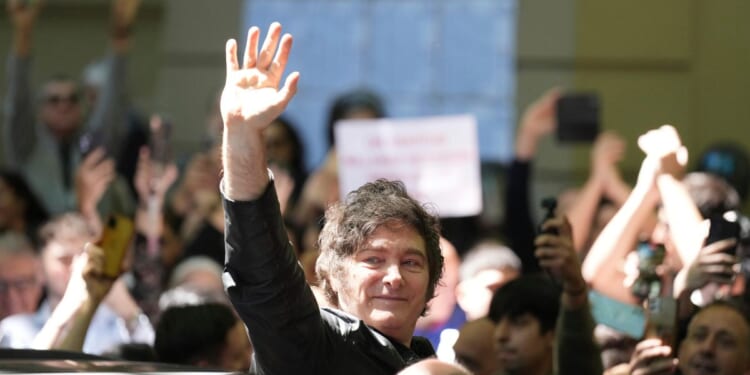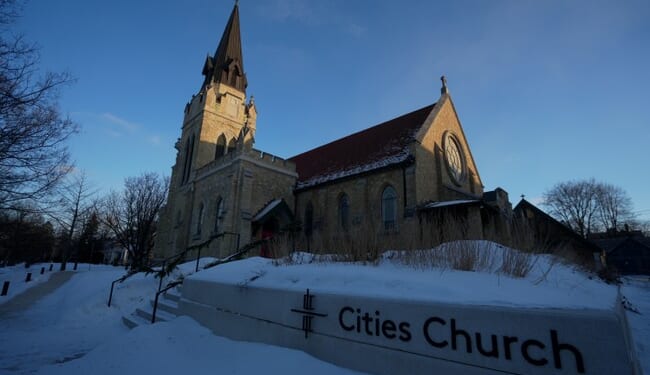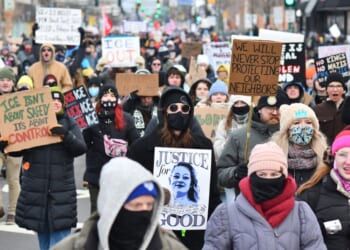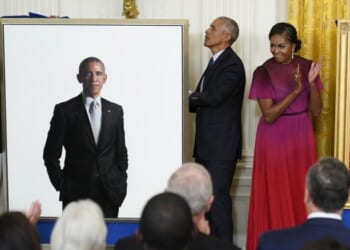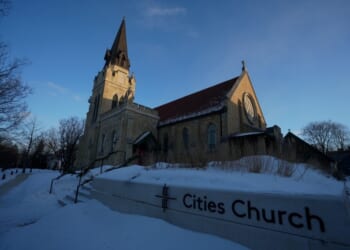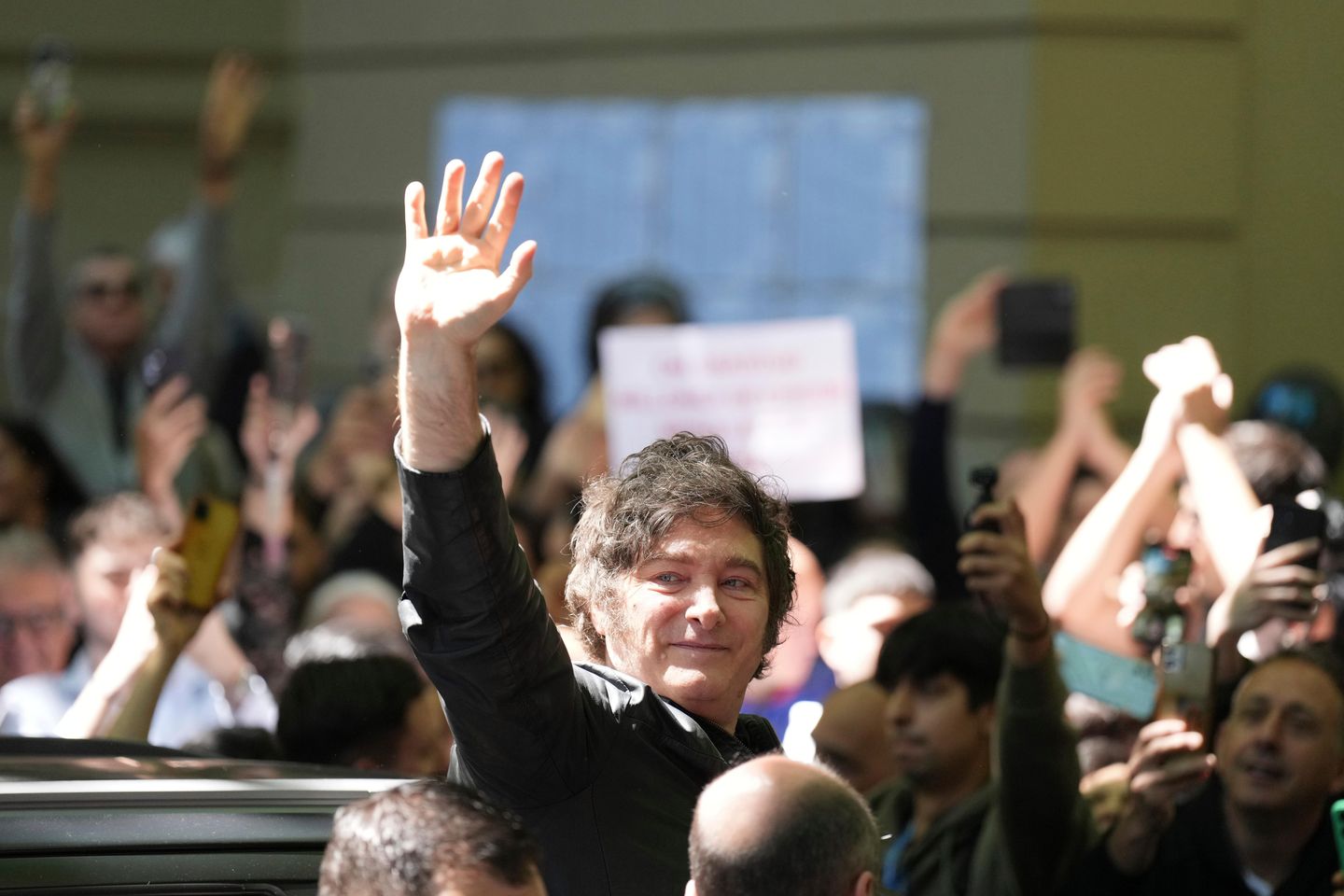
BUENOS AIRES, Argentina — Argentina’s libertarian President Javier Milei won decisive victories in key districts across the country in midterm elections on Sunday, clinching a crucial vote of confidence that strengthens his ability to carry out his radical free-market experiment with billions of dollars in backing from the Trump administration.
Milei’s governing La Libertad Avanza party won 40.84% of votes in national elections to renew almost half of the lower house of Congress, according to tallies in local media using numbers from electoral authorities with over 90% of votes counted. The figures exceeded analysts’ projections for Sunday’s vote.
In comparison, the results showed the left-leaning populist opposition movement, known as Peronism, wining 31.7% of the vote.
The early results also showed La Libertad Avanza sweeping six of the eight provinces that voted Sunday to renew a third of the Senate.
Perhaps never has an Argentine legislative election generated so much interest in Washington and Wall Street, particularly after U.S. President Donald Trump indicated that he could rescind $20 billion in financial assistance to his close ally in cash-strapped Argentina if Milei loses to Peronism in Sunday’s vote.
But the buzz around the election abroad wasn’t felt in Argentina. Even though voting is compulsory, electoral authorities reported a turnout rate of just under 68% Sunday, among the lowest recorded since the nation’s 1983 return to democracy.
Milei, a key ideological ally of Trump who has slashed state spending and liberalized Argentina’s economy after decades of budget deficits and protectionism, had a lot riding on Sunday’s elections.
His La Libertad Avanza party – which until Sunday had just 37 seats in the lower house and six in the Senate – needed to emerge from the vote with enough seats in Congress to see through the rest of his economic overhaul and secure that U.S. rescue package.
Analysts said Milei’s strong showing Sunday looked likely to translate into at least a third of seats in the lower house – enough to defend presidential vetoes and prevent an impeachment effort.
“We had a much better election for the government than the polls predicted,” said political analyst Sergio Berensztein.
But, he warned, “it’s a boost that should be taken with caution because the situation remains difficult both economically and politically.”
Milei’s government has been scrambling to avert a currency crisis ever since a major defeat by the Peronist opposition in a provincial election last month panicked markets and prompted a selloff in the peso that led to the U.S. Treasury’s extraordinary intervention.
A series of scandals – including bribery allegations against Milei’s powerful sister, Karina Milei – hurt the president’s image as an anti-corruption crusader and hit a nerve among voters reeling from his harsh austerity measures.
Although the budget cuts have significantly driven down inflation, from an annual high of 289% in April 2024 to just 32% last month, many Argentines are still struggling to make ends meet.
Price rises have outpaced salaries and pensions since Milei cut cost-of-living increases. Households pay more for electricity and public transport since Milei cut subsidies. The unemployment rate is now higher than when the libertarian president took office.
___
Associated Press writers Almudena Calatrava and Débora Rey contributed to this report.

